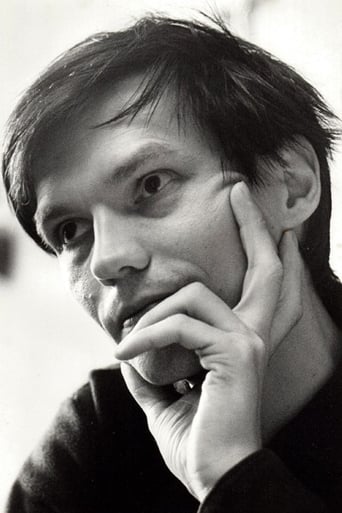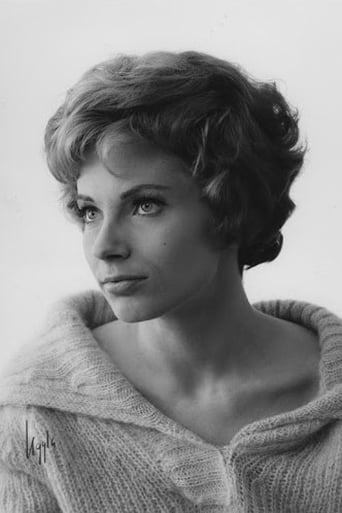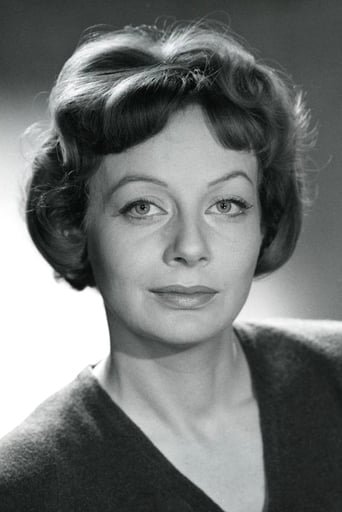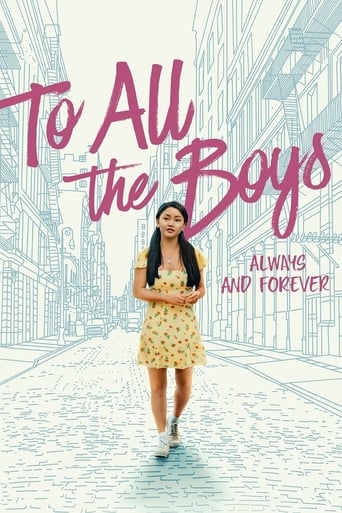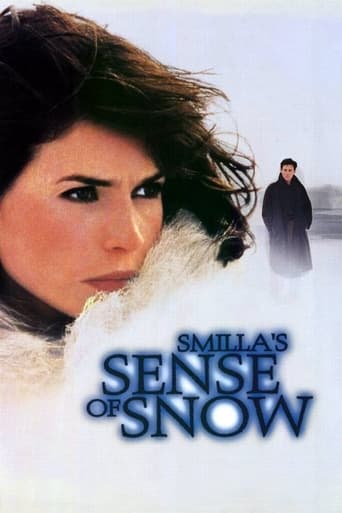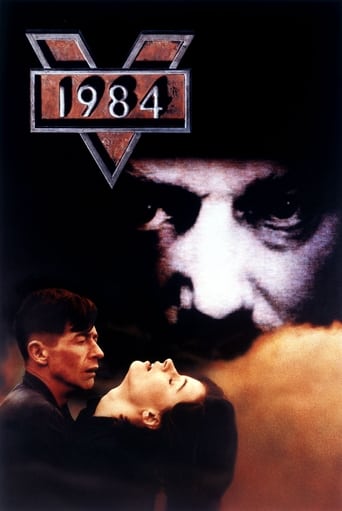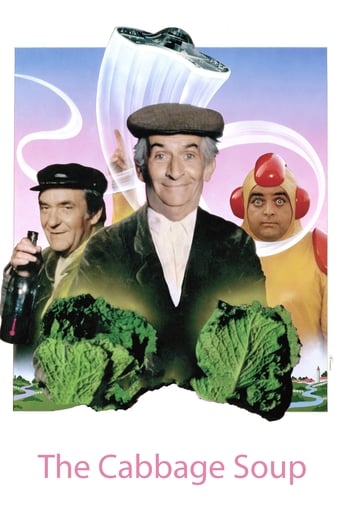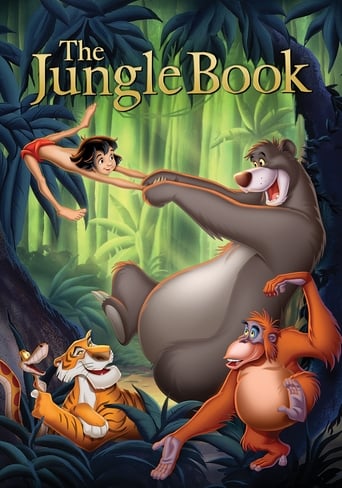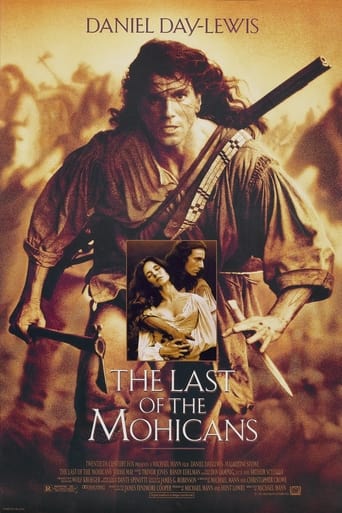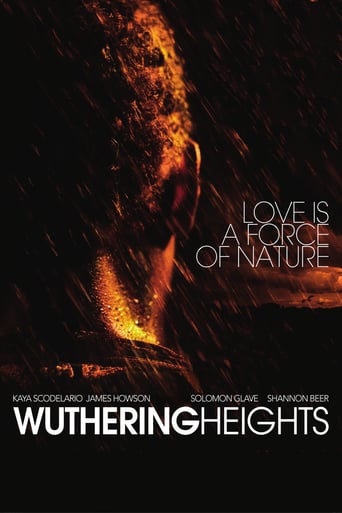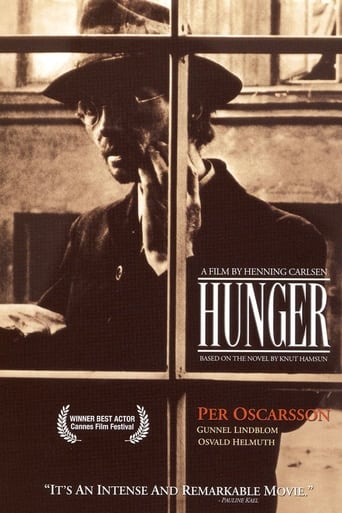
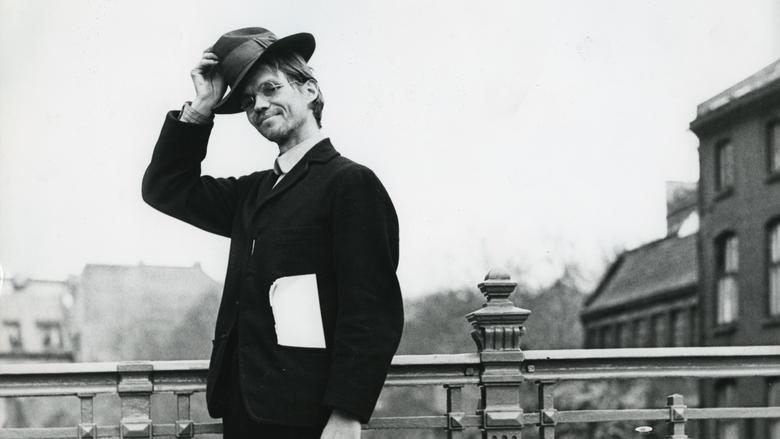
Hunger (1966)
In 1890, Pontus, the starving writer, wanders the streets of Christiania, in search of love and a chance to get his work published. All he meets is defeat and suffering while his sense of reality is withering. One moment he is delighted and the next he curses everybody. All the time he manages to maintain human dignity and pride.
Watch Trailer
Cast


Similar titles
Reviews
Henning Carlsen's adaptation of a famous Knut Hamsun novel is rightly remembered today for Per Oscarsson's performance as Pontus, a starving writer,looking for work, who doesn't want to admit to others (or to himself) how desperate he is and instead puts on airs, There is some precedent for such a character in film, in Louis Jouvet's downtrodden aristocrat in the Jean Renoir version of Maxim Gorky's The Lower Depths. In a key scene, Pontus sees himself getting down on all fours on a cobbled street to challenge a big black dog for a meat bone. As Pontus walks up and down the Christiana quarter, he keeps running into people. He's also obsessed with an attractive blonde (Gunnel Lindblom) and stalks her and her companion. When she actually invites him in to her place (he has been asked to leave his flat) the story, such as it is ( actually more of a character study) slows down somewhat, and the idea that such a genteel lady would accept a man who is basically a bum as her sexual partner seems more like something out of the 1960s than the 1890s, the film's period.Nonetheless the film doesn't sentimentalize the sad situation and all elements contribute effectively to the convincing atmosphere: the music, by Roman Polanski composer Krzysztof Komeda; the set design; the black and white lensing (though the occasional zoom shot, also a 1960s artifact, is distracting) I would like to compare "Hunger" with other screen versions of Hamsun.
If you enjoy beautiful, Black and White films, HUNGER is one for you to enjoy. The film captures the look and feel of 1890 Oslo to perfection. According to the commentary, in 1966 this picturesque area of the city still existed, and the film was shot on location. Another compelling aspect of this film is the depiction of 'madness'. Per Oscarsson's portrayal really allows the viewer to inhabit his skewed paranoid world.Dozens of films have demonstrated insanity caused by drugs, alcohol, and sexual obsession. However, in this movie the protagonist is pushed over the edge by sheer force of will.His unyielding and rigid moral code will not allow him to take even the most reasonable course of action. The movie is bleak and somber, yet one is able to empathize with the character. In fact, the last scene in the film-the last expression on Pontus's face-leaves the viewer with a wide range of possible interpretations. Is the character embracing a new and hopeful turn of events, or is he under the spell of a new obsession?
Superficially, this is a collection of tableaux concerning a writer who is so caught up in the identity of a writer that he cannot write, and therefore is starving, both in terms of food, and in terms of the written product. Its actually pretty satisfying at this level. We get it. The character within gets no such nourishment but we as viewers do.So there's a sort of twist built into the thing, we see a tubelocked artist and depend on an efficient artist to receive the art that conveys this. That means the manner of the way it is constructed matters, and that's why you may want to see this. Because its a complex calculation that the filmmaker has to make. There's a balance here between art that escapes the artist and art that doesn't. I don't know the book, but presume it is rooted in internal dialog, noted here in a few spots with muted tones and the appearance of our artist as listener for his ramblings. But it is an afterthought in the film. The real center here is in the antiseptic stance we are placed in as viewers. We see but cannot touch. We always find ourselves just a bit beyond the perimeter of this man's artistic reach. Its us that cannot reach him, not he that has trouble reaching us.Oddly, this reversal works. It may be just me and my deep obsessions with narrative agency, but I think a deliberate decision was made here as sort of role reversal and symmetric reflection at the same time. Its characteristic of Scandanavian film problemsolving.Ted's Evaluation -- 3 of 3: Worth watching.
An intriguing character study that focuses on a few days in the life of a writer in 1890 Christiania, `Hunger,' directed by Henning Carlsen, stars Per Oscarsson as Pontus, a starving artist seeking more than just the sustenance of food. Though living in the middle of town, he is emotionally isolated, cut off from the real world because of a perpetual state of disorientation that makes connecting with any reality beyond that which exists in his own mind impossible. Psychological, as well as physical hunger induces the erratic, irrational behavior he exhibits, often at the most inopportune times. Working sporadically on an article throughout the day, the bulk of his time is spent dreaming-- at times hallucinating-- and simply struggling for survival. Yet his suffering is seemingly by choice; there are indications throughout the film that leaving the city to go back to the country, and apparently his home, is an option that is open to him. One he rejects, however, out-of-hand. And while he longs for nourishment of soul and body, because of his mental state and his inability to negotiate even the simplest social amenities, his needs remain elusive, just out of reach. Pontus fails to recognize that the pride and ego that may have at one time sparked the flint of his artistry have now become detrimental, not only to his work, but to his very existence. Carlsen's presentation is fairly academic, and the clinical approach he takes to the material has a way of keeping the audience somewhat at arms length; it doesn't afford the emotional involvement that would've made this a memorable film. As it is, it's compelling to a point, but never manages to deliver what it seems to promise, especially early on. Though Carlsen does a good job overall-- his characters are believable, and the pace he sets, aided by the stark black & white photography, exacts that sense of realism necessary for a film like this to work-- it would've been interesting to see this story developed by someone like Ingmar Bergman, who always had his finger on the pulse of his material and had an affinity for being able to convey the innate humanity of his characters to the screen. Carlsen simply doesn't take the story far-- or deep--enough. And the brief interlude Pontus has with a young woman he calls Ylajali (Gunnel Lindblom) stretches credibility a bit, while the ambiguity of the Rimbaudesque ending is less than satisfying. Oscarsson gives a solid performance as Pontus, his manner and appearance evoking a cross between Tom Courtenay and Guy Pearce; but there's nothing in the character or the way he's played to elicit much sympathy. In the end you're left with the feeling that all of what has happened is rather self-indulgent and unnecessary, while raising some question as to the prudence of suffering for one's art. For how can one deprived of physical and mental faculties hope to create? And that is the very issue it appeared Carlsen was attempting to address until the very end of the film, which compromises any statement he had intended to make. The supporting cast includes Birgitte Federspiel (Ylajali's Sister), Knud Rex (Landlord), Hans W. Petersen (Grocer) and Henki Kolstad (Editor). An interesting, but less than engrossing character study, `Hunger' in the end, is a slice-of-life examination of the human condition that comes up a bit short and leaves you with a feeling every bit as ambiguous as the ending. Had Carlsen been able to maintain the strength of the early part of the film and carry it through to the end, it could've been exceptional; as it is, for those interested in all aspects of filmmaking and who invite comparison, it's worth a look. But anyone seeking an in-depth, riveting character study, or especially those just looking for an evening's entertainment, would be better served looking elsewhere. I rate this one 5/10.


